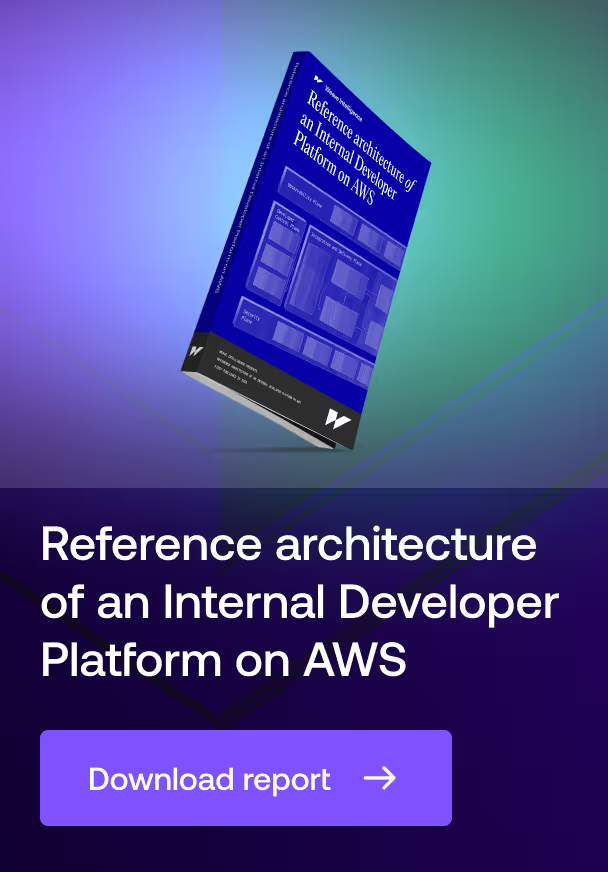Profile
Atom is a hackable text editor built on web technologies that pioneered desktop application development using the Electron framework. Originally developed by GitHub, it established new paradigms for extensible development tools by enabling customization through JavaScript, HTML, and CSS. While now discontinued, Atom's architectural approach and focus on developer extensibility influenced modern editor design and spawned widely-adopted technologies like Electron. Its core value proposition centered on democratizing editor customization while maintaining professional-grade editing capabilities.
Focus
Atom addresses the fundamental challenge of creating extensible development tools that balance power with accessibility. It solves the traditional trade-off between customization depth and ease of use by leveraging familiar web technologies for extension development. The editor serves developers who need sophisticated editing capabilities but want to avoid complex, proprietary extension languages. Its architecture enables deep customization while maintaining an approachable interface, making it particularly valuable for web developers and teams requiring tailored development environments.
Background
GitHub developed Atom to bridge the gap between simple text editors and complex IDEs, releasing it as open-source software under the MIT License. The project introduced the Electron framework, which became foundational for applications like Slack, Discord, and Visual Studio Code. While GitHub discontinued official support in 2022, the codebase remains available under MIT License, with community efforts like Pulsar continuing development. The project demonstrated both the potential and challenges of community-driven developer tools.
Main features
Extensible package architecture with web technology foundation
The package system enables comprehensive editor customization using JavaScript, HTML, and CSS, allowing developers to modify virtually any aspect of functionality. Built on the Electron framework, packages can access both web APIs and native system capabilities. The architecture supports everything from simple UI modifications to complex language support and tool integration. The Atom Package Manager (APM) provides a centralized repository for discovering, installing, and publishing extensions, with thousands of community-contributed packages extending core functionality.
Integrated Git and GitHub workflow support
Native version control integration provides real-time feedback on file status, branch management, and commit workflows directly within the editor interface. The implementation includes visual diff displays, staged changes management, and branch switching capabilities. This deep integration enables developers to perform complex version control operations without context switching, while visual indicators in the gutter and status bar provide immediate awareness of repository state and pending changes.
Real-time collaborative editing environment
The Teletype feature enables synchronous collaborative editing through operational transformation algorithms, allowing multiple developers to work simultaneously on the same codebase. The system synchronizes cursor positions, selections, and edits in real-time while maintaining each user's personal editor configuration. The implementation includes encrypted transmission for secure collaboration and supports both public and private editing sessions, making it particularly valuable for pair programming and code review workflows.






